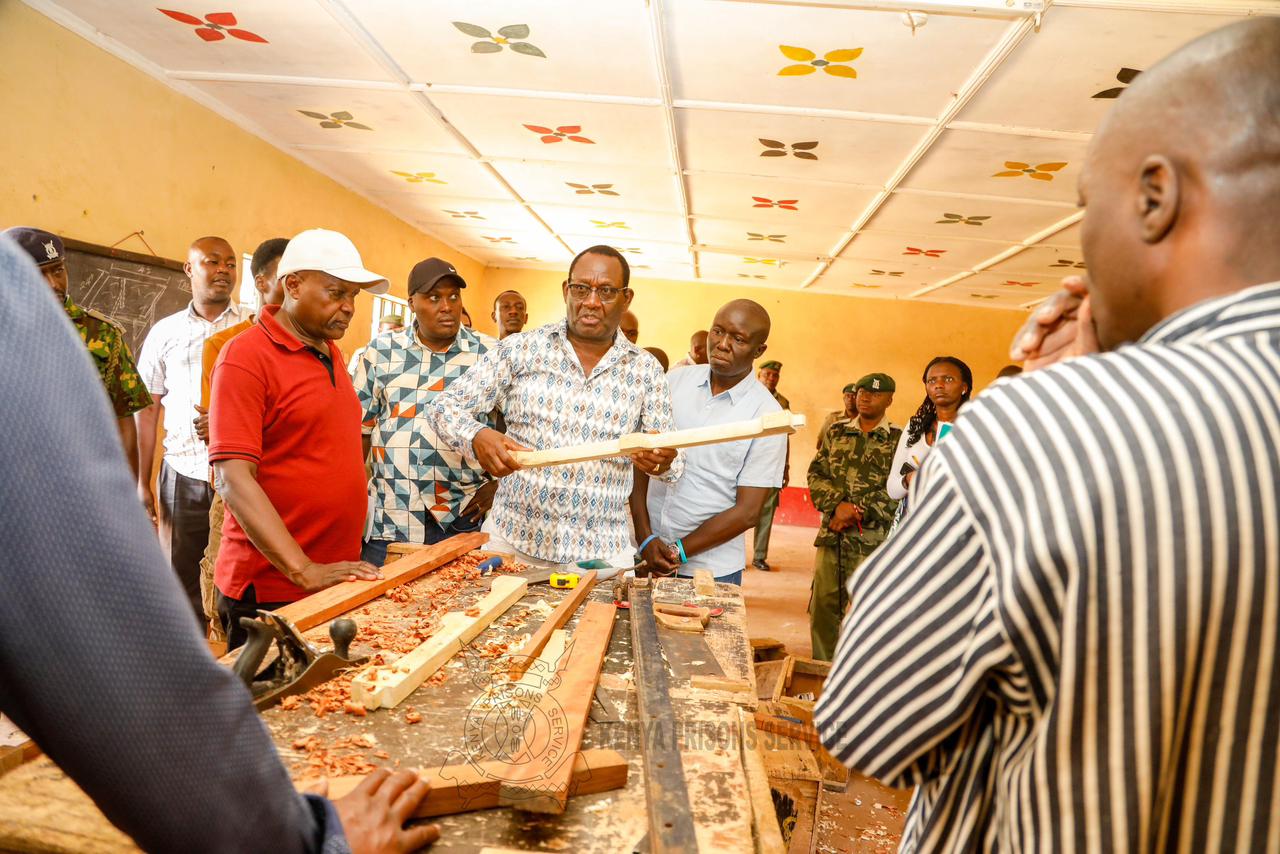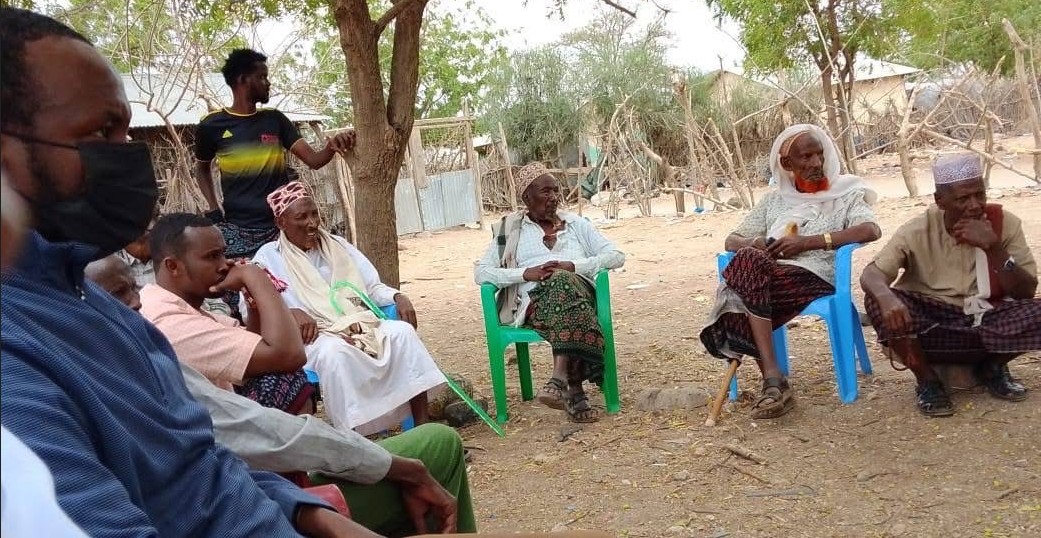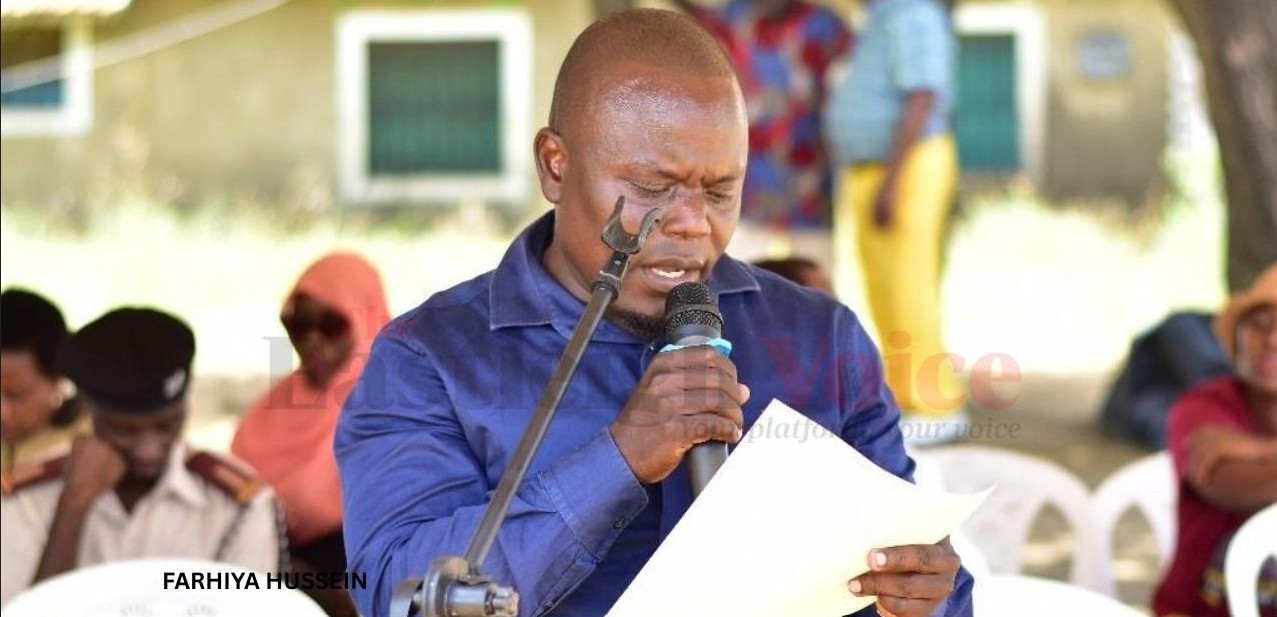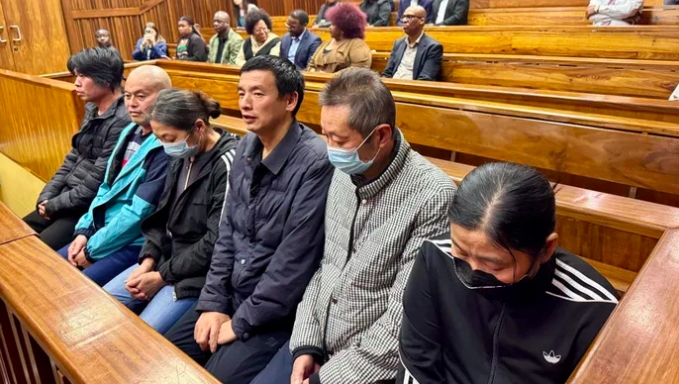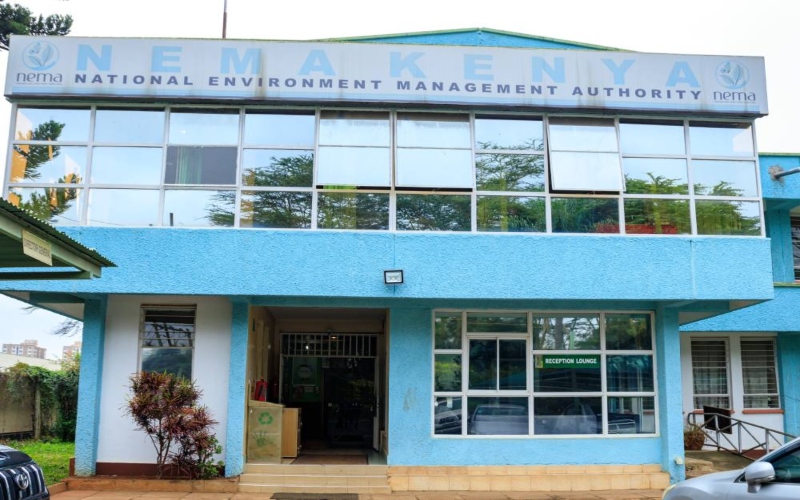Kenya invests Sh2.06 billion in vaccine storage to safeguard child health
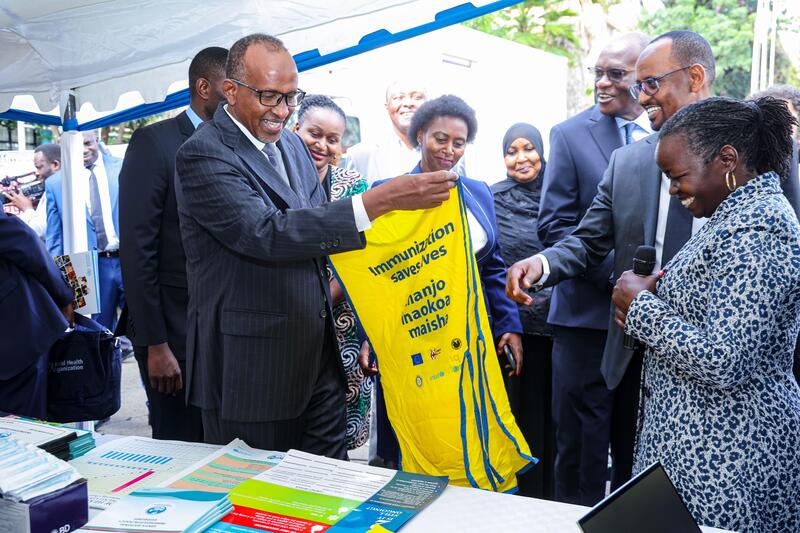
Duale said the rollout represents more than just the distribution of hardware—it is a reflection of Kenya’s commitment to health equity, disease prevention, and strong primary healthcare systems.
Kenya has unveiled a nationwide initiative to improve vaccine storage and distribution, as part of its larger push to strengthen immunisation and protect the health of children.
The government has invested Sh2.06 billion to acquire 2,000 cold chain units. These include solar and electric-powered refrigerators, cold boxes, and temperature monitors that will be distributed across the country to ensure vaccines remain effective from supply to administration.
More To Read
- UNICEF: Childhood obesity in Africa rising, surpassing underweight cases globally
- The ‘unthinkable’ is underway in Gaza City, UNICEF warns
- Funding cuts could push six million more children out of school, warns UNICEF
- Aid effort underway after Afghanistan quake ‘wipes out’ villages
- Explainer: Step-by-step process of removing a cabinet secretary from office
- Turkana marks major sanitation milestone as seven villages declared open defecation free
Speaking at the flag-off event on Wednesday, Health Cabinet Secretary Aden Duale said the rollout represents more than just the distribution of hardware—it is a reflection of Kenya’s commitment to health equity, disease prevention, and strong primary healthcare systems.
“Today marks a significant stride in our national effort to strengthen immunisation infrastructure and protect the health of every Kenyan child,” he said.
Duale thanked the World Bank, UNICEF, and other partners for their critical role in supporting this project. “Your partnership has not only been strategic—it has been transformative.
Through your support, we are now equipped to reach every child with life-saving vaccines, regardless of geography, economic status, or infrastructure challenges,” he said.
The CS noted that while vaccines are essential to preventing disease, their effectiveness depends on maintaining the right storage conditions.
“These 2000 cold chain equipment—refrigerators powered by solar and electricity, along with accessories like cold boxes and temperature monitors—are more than hardware. They represent an investment in resilience, preparedness, and health security,” Duale added.
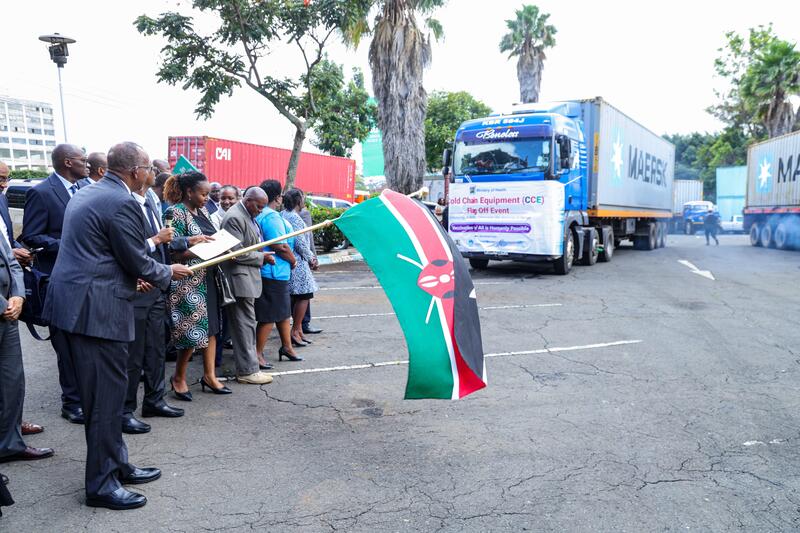 Health CS Adan Duale flags off the World Bank Cold Chain Equipment at Afya House, Nairobi on May 14, 2025.(Ministry of Health)
Health CS Adan Duale flags off the World Bank Cold Chain Equipment at Afya House, Nairobi on May 14, 2025.(Ministry of Health)
The CS also introduced a new digital system known as the Kenya Electronic National Vaccine and Immunisation Portal (KeNVIP), which will be used to manage vaccine and immunisation data.
KeNVIP is designed to improve visibility, accountability, and planning by providing real-time, centralised information.
It is also part of a plan to eventually transfer the data system to the government’s main data centre.
Duale said the theme of the launch, “Strengthening Immunisation Infrastructure for a Healthier Nation,” aligns with Kenya’s push toward Universal Health Coverage. He stressed that a reliable vaccination system is essential in meeting that goal.
To parents and caregivers, he issued a call to action. “Bring your children to the nearest health facility. Vaccines save lives, and thanks to this investment, they are now safer and closer than ever before,” he said.
He also extended gratitude to development partners for their continued support, emphasising that the collaboration is about much more than logistics. “Together, we are not just distributing vaccines—we are delivering a healthier, brighter future.”
Duale closed by urging Kenyans to view the rollout as a symbol of determination, progress, and partnership. He said the cold chain equipment will ensure that life-saving vaccines reach even the most remote communities across the country.
Top Stories Today
